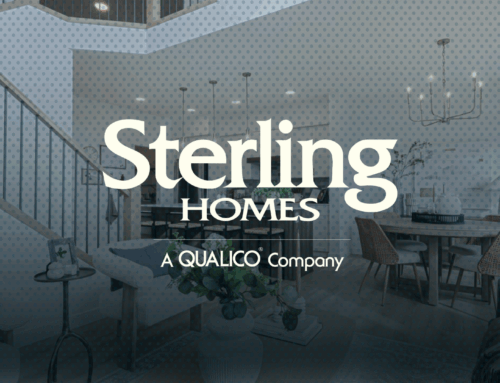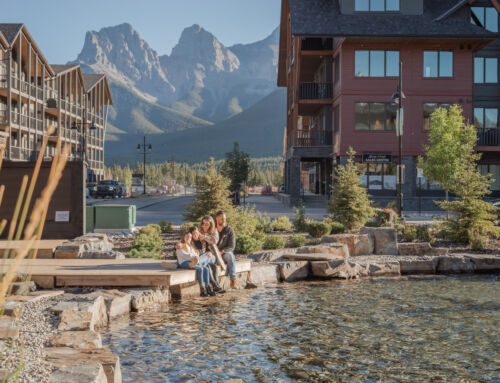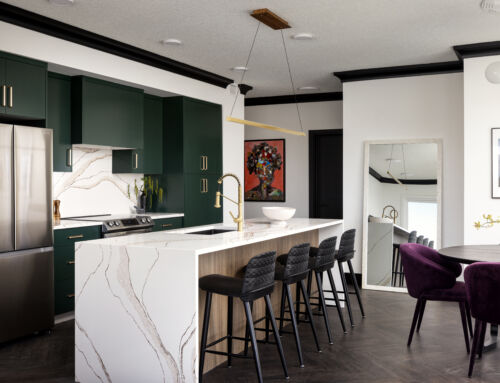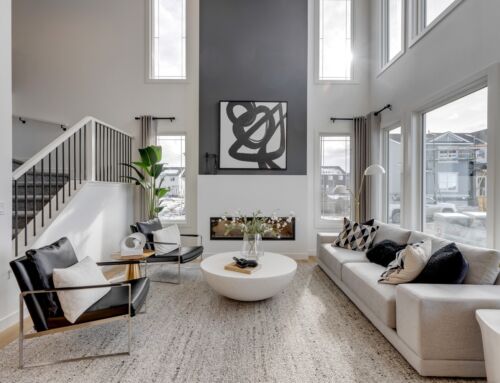Energy-efficient homes used to be a high-priced, niche market.
That has gradually changed. And through a ground-breaking initiative involving Avalon Master Builder, the advantages of green construction are even more attainable.
Avalon is building one of the first Net Zero multi-family buildings in Canada. The Calgary-based company was one of seven builders in various locations across the country to be asked to participate in a pilot project to standardize Net Zero labelling in multi-family development.
Net Zero, a labelling program through the Canadian Home Builders’ Association (CHBA), recognizes homes that produce as much energy as they consume.
“It’s a long-term passion of ours,” says Chris Williams, vice-president of Avalon, who serves on CHBA’s Net Zero council.
Avalon has built six Net Zero single-family demonstration homes since the early 2000s and has had third-party labelling — certifying a high level of energy-efficiency — on all of its homes since 2002.
Avalon’s venture into Net Zero multi-family construction is at its new townhome development in the mixed-use southeast Calgary community of Seton.
ZEN Sequel — which features a unique community garden — is a stacked townhome style development planned for 124 units in seven floor plans ranging from 515 to 1,742 square feet.
A stacked townhome format describes multi-level models built above single-level models on or below the ground level.
At ZEN Sequel, Avalon is building eight Net Zero townhomes and another eight that it dubs “Net Zero ready.”
The latter refers to townhomes on the ground level which have everything necessary to achieve Net Zero performance apart from solar panels. This is because these units lack the exposed roof needed to capture the sun.
Making it possible for the ground level townhomes to reach Net Zero in the future, Avalon has designed a future parking structure with space for additional solar panels.
Driving buyer interest in Net Zero is the added value, says Williams.
For less money than what many spend on coffee in a week, a home can be quieter, more comfortable, and healthier than most.
“That’s a big piece of this for us,” says Williams, adding the cost of solar panels and other pieces of technology needed to make a home Net Zero have declined in price considerably in recent years.
“It’s not like in 2007, where for $150,000 we made a single-family home Net Zero,” he adds. “Now, it’s for $13 per month we can make a home Net Zero.”
The $13 calculation is based on savings home owners are expected to see on their monthly utility bills.
One of the ways homes reach Net Zero status is through an” exceptionally tight” building envelope, says Avalon.
Helping contribute to the tight envelope are triple-pane low-E windows and extra insulation in the walls and attic. E stands for emissivity, a measure of heat loss.
These features also improve temperature control, noise reduction, and boost the level of comfort throughout the home.
“If you live next to a busy street in a Net Zero home, you won’t hear the street,” says Williams. “It’s a lot quieter.”
Furnaces in these homes are about a third the size of one in a typical home with the same square footage.
“They run more efficiently and you’re not getting blasts of hot air or blasts of cold air,” Williams says.
Indoor air quality plays a big part in comfort, says the builder.
Avalon’s ZEN Net Zero homes are each equipped with a Fresh Air System that continuously exchanges stale, indoor air with fresh, outdoor air.
For people who are hyperallergic, asthmatic or simply struggle with smoky air caused by forest fires that stream through the Calgary area, this technology is a difference-maker, says Williams.
“You now have a lot more control over your indoor living environment,” he adds
People who purchase Net Zero and future Net Zero homes at ZEN Sequel will have the chance to participate in a study that examines how they perform.
CHBA has hired outside consultants who will be collecting data for five years after people take possession. This includes analyzing metrics related to the technical performance of the home and speaking to the people who occupy the space about their experience.
“This pilot is creating that set of data that is going to change the way homes are built and measured in the long-term,” says Williams.
“I feel people purchasing these homes will be pretty excited about the difference they’re making.”
Along with saving money on utilities, people who buy through Avalon receive multiple advantages, including the protection provided through its long-standing membership with the Alberta New Home Warranty Program.
“At Avalon we deeply value our membership in The Program as it further solidifies our Avalon Cares program by protecting our most important asset, our customer,” Williams says.
Avalon Cares is a program with a variety of benefits aimed at creating a positive experience for their customers.
Irene Perkins, Customer Experience Manager for The Alberta New Home Warranty Program, lauds Avalon’s long-time use of innovation to benefit its homeowners.
“Avalon’s focus on building energy efficient homes isn’t new,” she says. “It’s something they’ve continually improved on for close to twenty years.”
“Their promise to their homeowners is to make their lives simpler and provide peace of mind, and they deliver on that promise by balancing design and creativity with technology and energy efficient features.”
“We’re proud to partner with Avalon and share in their philosophy of homeownership.”
For more information on the Net Zero project, visit the ZEN Sequel showhomes and sales centre at #107, 338 Seton Circle SE.







Connect